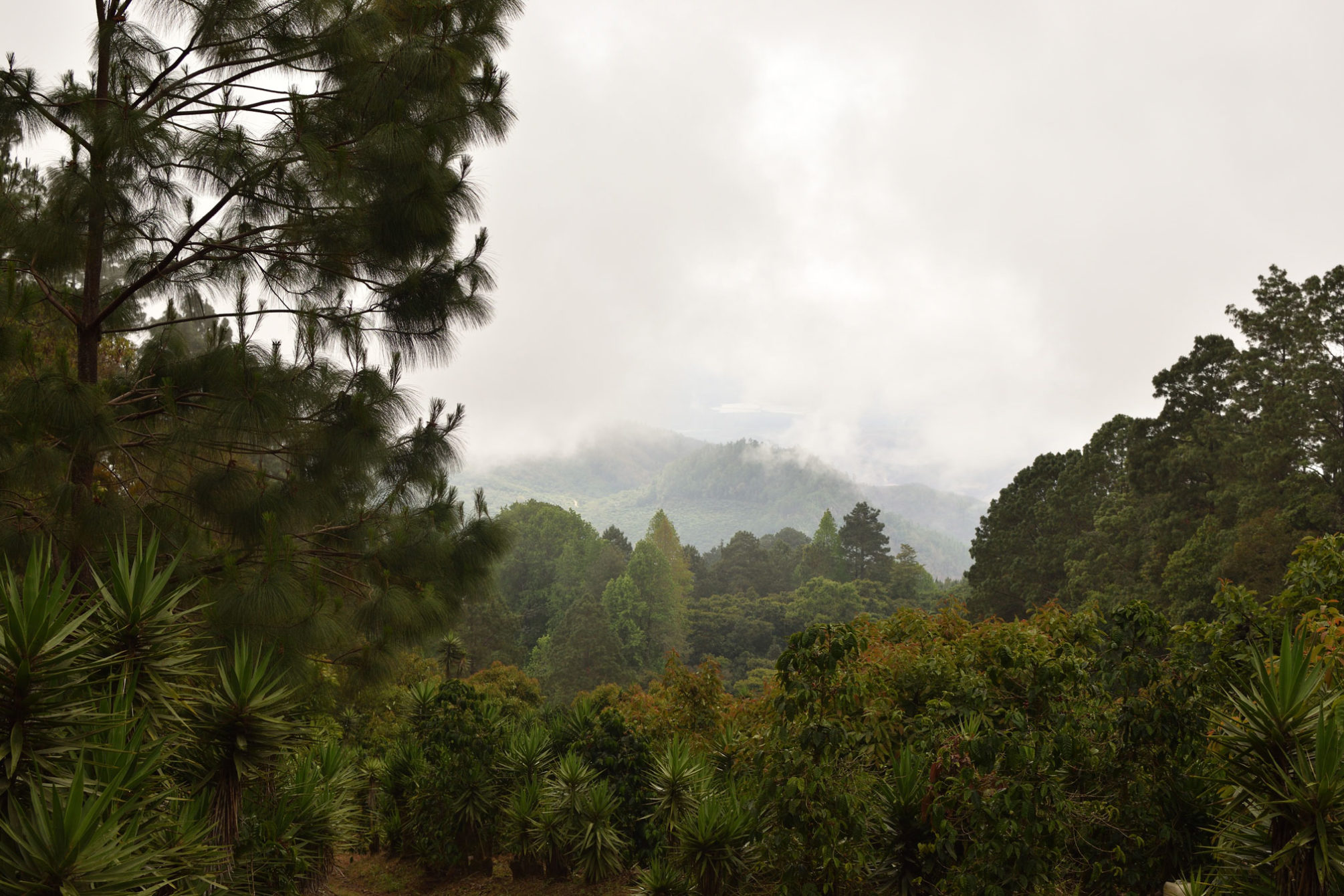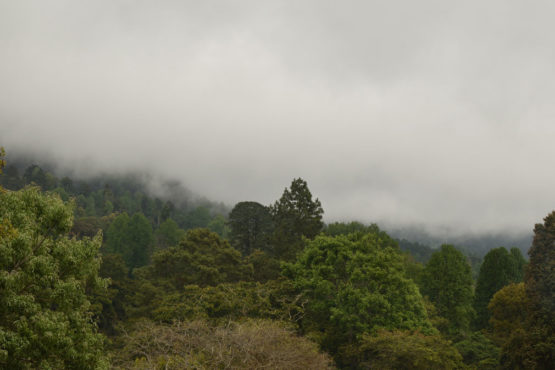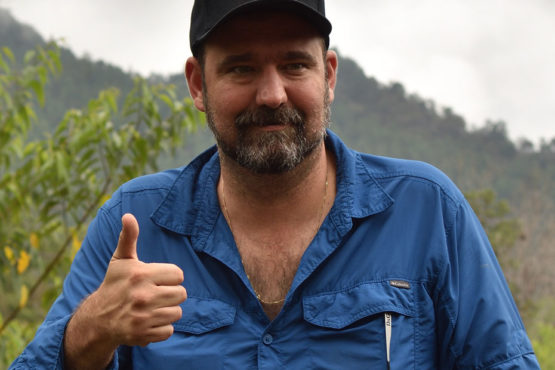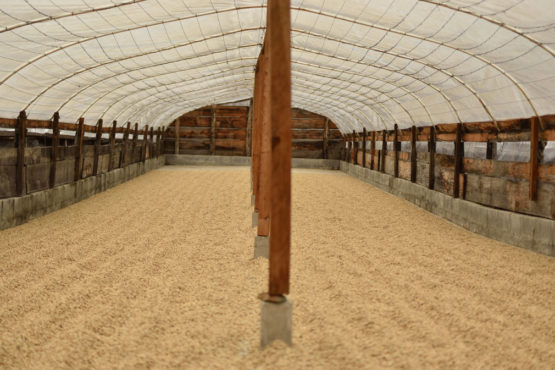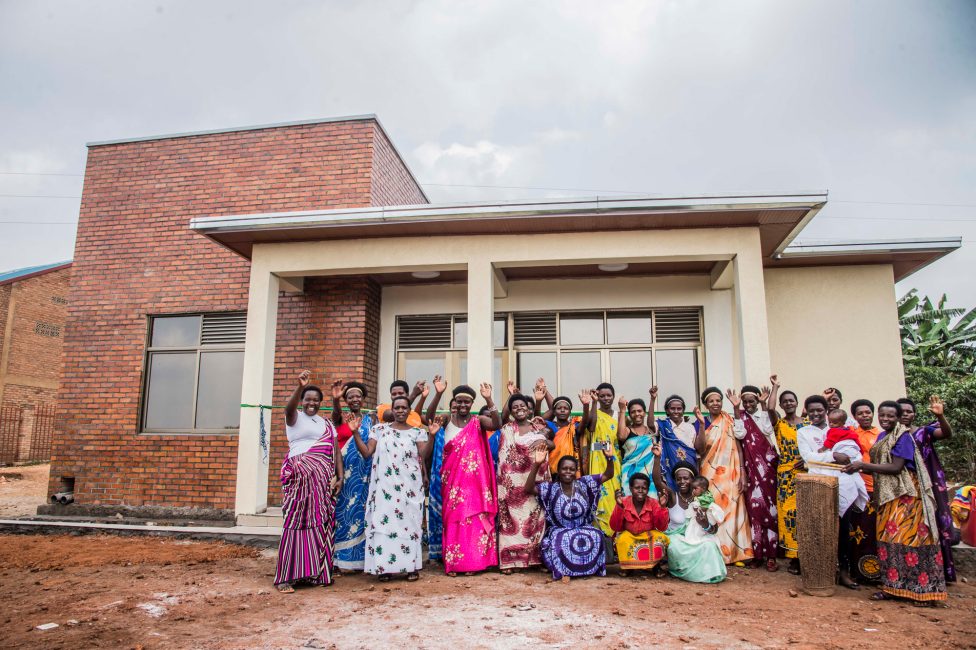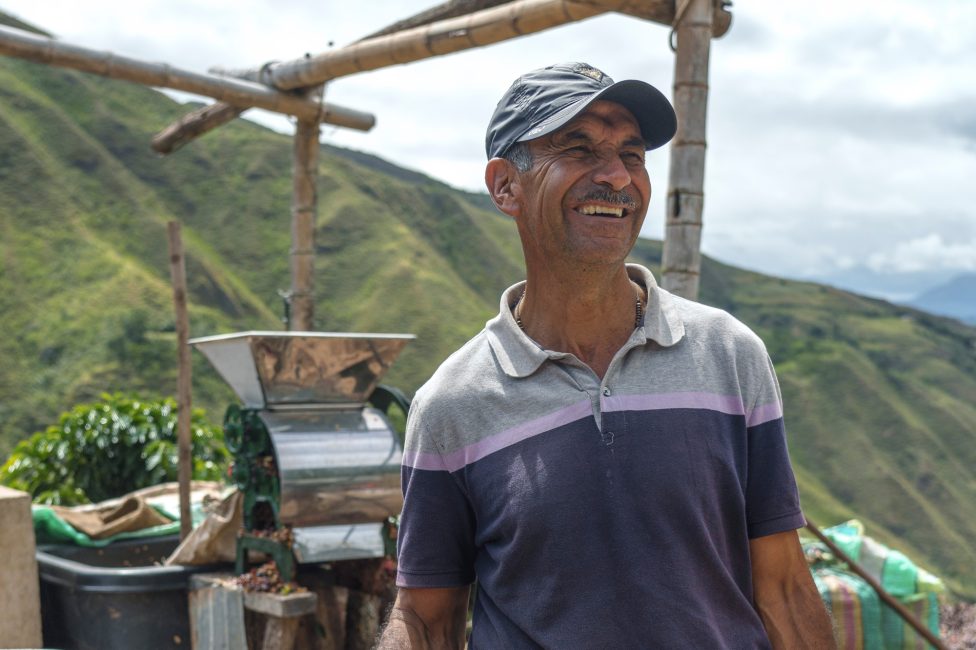La Bella
Sweet and well balanced, with green apple, grapefruit and walnut notes and a silky body.
La Bella is a beautiful 90-hectare farm in the Sierra de Las Minas mountain range, in Guatemala’s eastern highlands. Sitting on rich, volcanic soils at an elevation of 1,650m above sea level, it feels as if the farm is in the middle of a forest of clouds. It is surrounded by the Polochic and Motagua rivers, creating a very special microclimate.
La Bella is owned and managed by fourth-generation coffee producer Teodoro Englehardt Ortega, known to family and friends as Teo. The farm was established in the 1960’s, when Teo’s grandfather first set foot on the land and marvelled at the extraordinary beauty that surrounded him. He felt it was a ‘gift from God,’ and became determined to create something special with it. He decided to plant coffee on the property, even though there were no other coffee farms in the region at the time, due to its remoteness, steep terrain and humid climate. In hindsight, this was an extraordinary decision! La Bella has gone to become a fixture in Guatemala’s Cup of Excellence, having placed in 4 of the last 8 competitions.
Clearly, La Bella’s success isn’t simply ‘a gift from God:’ It is the result of the hard work and technical skill of four generations of coffee growers. Today, Teo is committed to only employing farming techniques that are beneficial to the environment. Coffee trees at La Bella are planted under two shade canopies, which help to protect the local flora and fauna. Water is recycled and cleaned before it re-enters the ecosystem, and coffee pulp is composted and turned into organic fertiliser.
Teo is focused on preventative actions when it comes to the health of his farm, and he is committed to reducing their reliance on chemical products. Though the farm is not organic certified, La Bella’s team uses banana tree byproducts to create fertiliser, as it preserves the soil and strengthens the plants’ nutrition. When dealing with the fungus responsible for coffee leaf rust, Teo chooses to a use a mix of alcohol derivatives and other natural fungicides to minimise the use of chemical alternatives.
“I really love to push quality forward on all areas. Sustainability for me means to be able to provide for everyone—nature, people and great coffees!” – Teo
Teodoro also takes great care of the wellbeing of his staff. Recently, he has invested in the property’s infrastructure and kitchen facilities to benefit both permanent and temporary workers. Medical assistance is provided to all employees, as well as ongoing training and education to encourage them to further their careers in the coffee industry. Recognising the impact the Covid-19 pandemic has had on the communities surrounding La Bella, Teo has donated some of this and last harvest’s profits to charities committed to supporting them.
PROCESSING
The cool weather experienced at La Bella is ideal for slowing down coffee cherry maturation, which leads to sweeter coffees – yet the humidity experienced here often presents other challenges. Flowering at the farm is a prolonged and staggered process, meaning coffee cherries ripen at different stages. To ensure only the ripest cherries are chosen, Teo instructs his pickers to do multiple passes over an extended period of time – dragging the picking on to May, which is about a month late for Guatemalan standards.
Within hours of being picked, these red cherries are transported by foot or tractor to La Bella’s onsite wet mill. Teo’s team always begins processing by rinsing the cherries under cold water, as he believes they need to be cooled down after being picked and transported to the mill. Cherries are then dry fermented overnight, mechanically depulped the following morning, followed by a second dry fermenation, this time for up to 2 days depending on the weather. Coffee is then graded by density in washing channels and soaked in clean water again for up to 24 hours.
Drying the resulting parchment can be difficult at La Bella, as rain is constant throughout the year. The first stage happens in a greenhouse environment, to protect the coffee from humidity. This phase can last up to 5 days, and coffee is turned constantly to avoid excessive fermentation. During the second stage, parchment is placed in mechanical dryers running on low temperatures (30-40C) for another 4-7 days, as the dryers are turned off overnight. Once coffee reaches an ideal moisture content, they are stored at La Bella’s warehouse waiting to be milled and exported.
